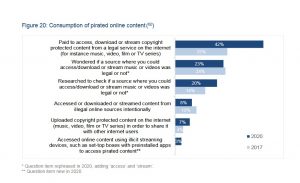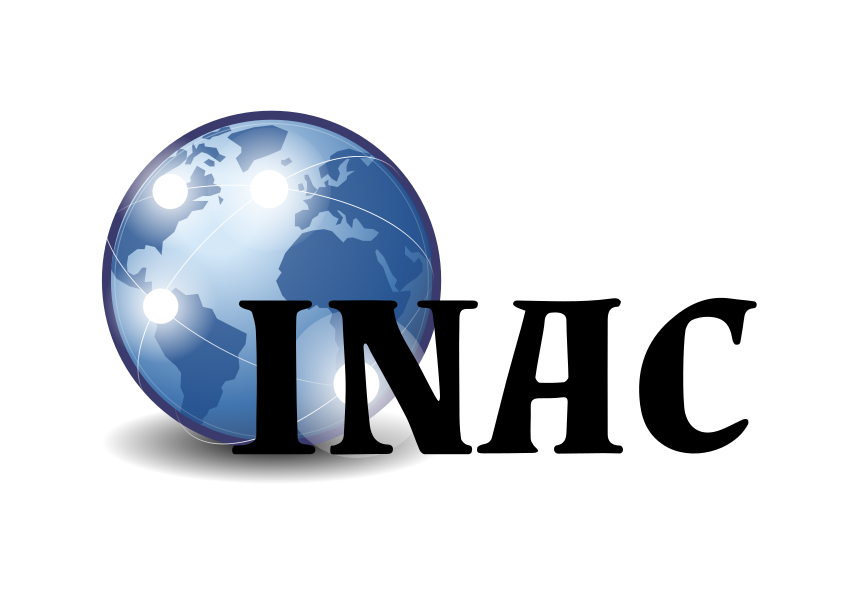According to the European Union Intellectual Property Office, EUIPO 2020 research, Lithuania is practically at the EU average in terms of the percentage of Internet users who paid for legal content on the Internet – 39% of Internet users in Lithuania have paid for legal content, while the European Union average is 42%. Also compared to 2017 according to the survey, this indicator increased by 17% in the EU and by 14% in Lithuania. Thus, the indicators of Lithuania’s legal content in percentage terms practically grew as in the whole EU (in the period 2017-2020).
 A total of 25,636 respondents aged 15 and over were interviewed. However, although we are the average of the European Union, other details provided by the study are worrying. The study asked what would stop consumers from “piracy”.
A total of 25,636 respondents aged 15 and over were interviewed. However, although we are the average of the European Union, other details provided by the study are worrying. The study asked what would stop consumers from “piracy”.
We have mentioned many times that blocking pirated websites without additional remedies distorts copyright protection trends, as this does not eliminate infringements and makes Internet users and pirated website operators feel impunity.
European Union copyright organizations do not bother to identify who owns pirated sites and “pirates” know that the biggest sanction they can face is blocking the site (which is ineffective and easily circumvented), and the operators of these sites have started to configure the sites to access them by IP address- there is no way to block IP addresses; and Internet users, bypassing the blocks by easily finding these new sites on search engines (such as Google), are also not afraid of imminent punishment because they are simply not applied by anyone, and consumers are well aware of this.
One factor that would stop consumers from “piracy” is the risk of punishment – from 44% in 2017 decreased to 35% by 2020. Also, the affordability factor for legal content decreased by 12 percentage points during this period.
This means that copyright protection has largely gone in the wrong direction, and if we continue to move in that direction, we will have even bigger problems in this area over the next few years. New trends are emerging in the pirated market – clones of legal platforms are being developed – the world’s largest platforms are facing this, piracy is moving to the Telegram platform and Facebook, Google Drive, Discord, legal platform managers and copyright organizations are facing increasing challenges.
More information on the results of the EUIPO survey: https://euipo.europa.eu/ohimportal/en/web/observatory/ip-perception-2020
Photo of the article – part of the EUIPO study.
© INAC, 2021

